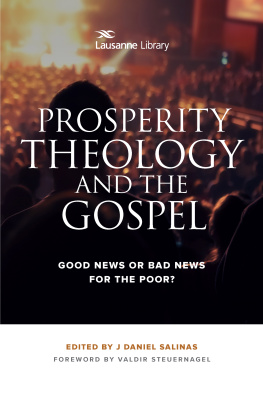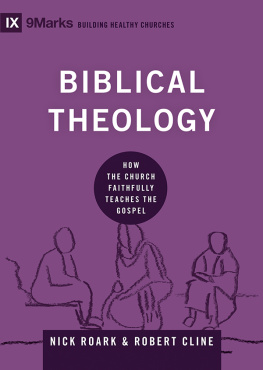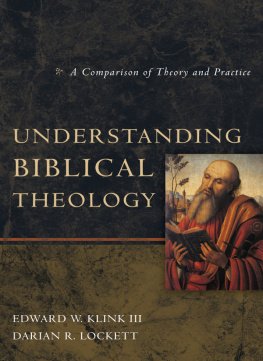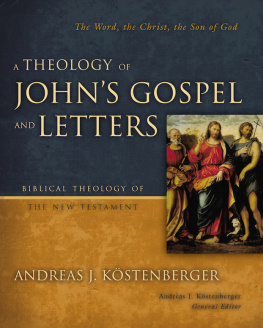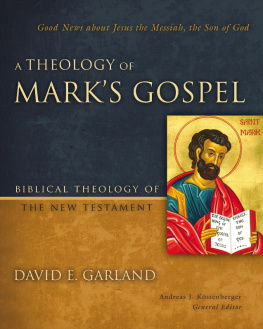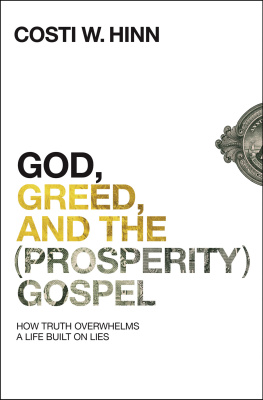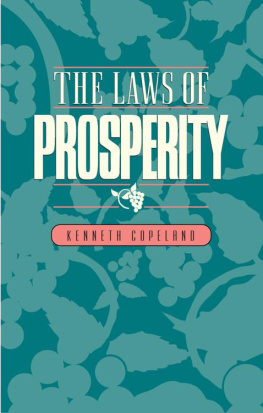Prosperity Theology and the Gospel: Good News or Bad News for the Poor? (eBook edition)
Hendrickson Publishers Marketing, LLC
P. O. Box 3473
Peabody, Massachusetts 01961-3473
www.hendrickson.com
eISBN 978-1-68307-238-6
Copyright 2017 by The Lausanne Movement
All rights reserved. No part of this book may be reproduced or transmitted in any form or by any means, electronic or mechanical, including photocopying, recording, or by any information storage and retrieval system, without permission in writing from the publisher.
All Scripture quotations, unless otherwise indicated, are taken from the Holy Bible, New International Version, NIV. Copyright 1973, 1978, 1984, 2011 by Biblica, Inc. Used by permission of Zondervan. All rights reserved worldwide. www.zondervan.com. The NIV and New International Version are trademarks registered in the United States Patent and Trademark Office by Biblica, Inc.
Scripture quotations marked (NRSV) are taken from the New Revised Standard Version of the Bible, copyright 1989 by the Division of Christian Education of the National Council of the Churches of Christ in the United States of America, and are used by permission.
Scripture quotations marked (ESV) are taken from the Holy Bible, English Standard Version (ESV), copyright 2001, by Crossway, a publishing ministry of Good News Publishers. Used by permission. All rights reserved.
Scripture quotations marked NKJV are taken from the New King James Version. Copyright 1982 by Thomas Nelson. Used by permission. All rights reserved.
Scripture quotations marked (NLT) are taken from the Holy Bible, New Living Translation, copyright 1996. Used by permission of Tyndale House Publishers, Inc., Wheaton, Illinois 60189. All rights reserved.
Due to technical issues, this eBook may not contain all of the images or diagrams in the original print edition of the work. In addition, adapting the print edition to the eBook format may require some other layout and feature changes to be made.
First eBook edition October 2018
About the Editor
J Daniel Salinas earned his Masters in Biblical Theology from Wheaton College Graduate School and his PhD in Historical Theology from Trinity Evangelical Divinity School, Deerfield, Illinois. He is the author of several books in English and Spanishmostly on the history of evangelicals and evangelical theology in Latin America. Daniel serves as International Partnership Coordinator of the Theological Education Initiative, a programme of the United World Mission. He has previously served as a staff worker for IFES movements in Colombia, Bolivia, and Paraguay; and as a facilitator for Langham Preaching in Latin America. Daniel is married to Gayna and they have three children.
Editorial note
The use of the terms prosperity gospel and prosperity theology are, in this context, as defined by the Cape Town Commitment (II-E-5, opening paragraph):
We define prosperity gospel as the teaching that believers have a right to the blessings of health and wealth and that they can obtain these blessings through positive confession of faith and the sowing of seeds through financial or material gifts.
In the same section, the Commitment acknowledges the biblical vision of human prospering. As this matter is different in kind, a further publication is planned to engage it.
Citations from the Lausanne Covenant and Cape Town Commitment
All citations to these documents are noted. For the full text of the Lausanne Covenant (1974) and Cape Town Commitment (2010), together with the Manila Manifesto (1989), see ed. J E M Cameron, The Lausanne Legacy: Landmarks in Global Mission (Lausanne Library/Hendrickson Publishers, 2016).
Foreword
Valdir Steuernagel
The gospel of Jesus Christ is a message of transformation and of hope wherever it is announced and lived out. This gospel is also missional; it wants to be, and needs to be, announced again and again, all over the world.
To announce it well and live it out in all its integrity, is a challenge that the church of Jesus Christ continually faces. New opportunities and challenges emerge in different forms; it is not always easy to understand the motives of those who embrace them, and some motives will be seen with clarity only by future generations.
During the last decades, so-called prosperity theology has emerged with surprising strength, and has had a massive impact on the life and growth of the Church around the globe; whether in rural Brazil or sophisticated American suburbia.
The message comes as good news, a blessing from God envisaged in many forms: employment, promotion, a dream car. Its essence is that prosperity is to be commended; it is something promised by God in the Bible and, therefore, to be sought and even expected. Its proponents encourage churches in poorer areas to look to God for material provision; and lead those in a more comfortable context to go after blessings never possible through a typical working wage.
Discerning the true nature of the prosperity gospel is a challenging task, since it comes in different tones and forms. It may be a simple message in a poor church that God wants to bless everyone and move people out of poverty; or a sophisticated preacher may arrive in an expensive car, wear clothes that few can afford, and challenge the congregation to give beyond their means in order for God to pay them back according to the desires of their hearts. In the Cape TownCommitmentthe outcome of the Third Lausanne Congressthe diagnosis is quite clear. It says that the widespread preaching and teaching of the prosperity gospel around the world raises significant concerns. It continues:
We believe that the teachings of many who vigorously promote the prosperity gospel seriously distort the Bible; that their practices and lifestyle are often unethical and un-Christlike; that they commonly replace genuine evangelism with miracle-seeking, and replace the call to repentance with the call to give money to the preachers organization. We grieve that the impact of this teaching on many Churches is pastorally damaging and spiritually unhealthy. We gladly and strongly affirm every initiative in Christs name that seeks to bring healing to the sick, or lasting deliverance from poverty and suffering. The prosperity gospel offers no lasting solution to poverty, and can deflect people from the true message and means of eternal salvation. For these reasons it can be soberly described as a false gospel. We therefore reject the excesses of prosperity teaching as incompatible with balanced biblical Christianity.
Some participants at the gathering had been influenced by aspects of prosperity theology. After the Commitment was published, it did not take long for the questions to emerge: Is it possible to define the prosperity theology movement in such clear, critical terms? Are there dimensions that are positive and even necessary, especially as we witness the arrival of the gospel in poor neighbourhoods? More study was needed, a consultation with minds from around the globe, to explore the issue more thoroughly. From here the Lausanne Consultation on Prosperity, Poverty and the Gospel was shaped. It brought forty pastors, practitioners and theologians, drawn from all the continents, to Atibaia, So Paulo, Brazil in April 2014, to listen, pray and meditate on Gods word; the goal was to gain a better understanding of the growing influence and work of prosperity theology in our world today. Participants considered how prosperity theology relates to poverty, and how it affects the mission of the whole Church in taking the whole gospel to the whole world. In the words of the Atibaia Statement: We came together, driven by our passion for the gospel of Jesus Christ and in obedience to the mandate to share the good news through words, deeds and character, because of a shared concern that [prosperity theology] offers a shallow gospel that actually undermines the fullness of the good news of Jesus.

